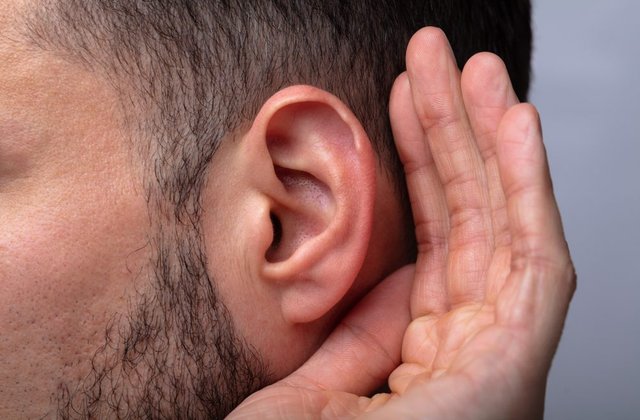New hope of restoring the ability to hear
Some people lose the ability to hear due to some diseases, exposure to noise, or age. However, scientists have recently discovered a way that can help restore the sense of hearing after losing it, so how can this be achieved?
For many years, science has not been able to help people who lose their sense of hearing regain it after the cells responsible for their hearing die, whether due to age, exposure to noise, taking some cancer drugs or certain types of antibiotics
A group of scientists at Northwestern University recently made a scientific discovery that renews hope for restoring the sense of hearing, according to the Science Daily website, where researchers succeeded in discovering the main gene responsible for ear hair cells and reprogramming them to either internal or external cells, which means overcoming the idea of Cell death and lack of growth of new cells that aid hearing.
Jamie Garcia-Anovirus, professor of neurology and anesthesiology at Northwestern University and research supervisor, explains that the new discovery "offers a previously unavailable tool for creating cells," which means overcoming a major obstacle to restoring the sense of hearing.
cochlear implant
The death of the outer hair cells, which are produced by the cochlea, is the most common cause of deafness and hearing loss. The function of the external cells is to expand and contract under the pressure of sound waves and amplify them until they are received by the internal cells, which in turn transmit these vibrations to the brain to be translated into the sounds we hear.
The importance of the recent scientific discovery is to be able to identify the TBX2 gene, and by controlling the production process of this gene, the hair cells in the ear can be converted into internal and external cells to perform the functions required to be able to hear.
Garcia-Anovirus stresses that the research is still in the experimental stage, but the research team at least "has now been able to learn how to produce internal or external cells specifically."
More than 8 percent of people between the ages of 55 and 64 suffer from hearing loss, according to the Centers for Disease Control and Control in the United States, and this percentage increases to 25 percent between 65 and 74 years and then rises to reach 50 percent of the oldest
